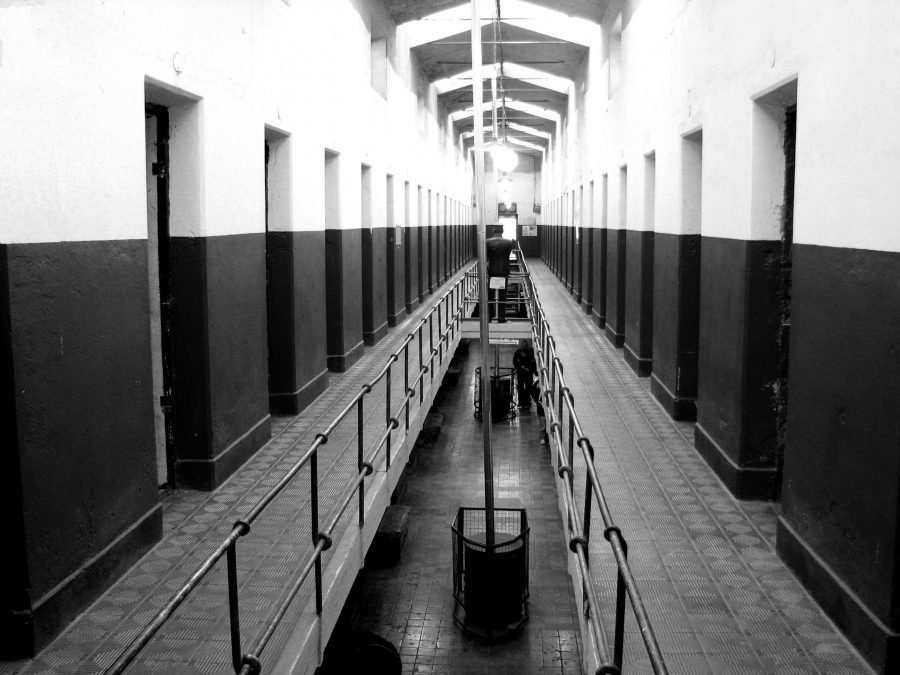Management and Training Corporation, a private prison contractor which operates an Immigration and Customs Enforcement detention facility, called Davis County police officers this past July to have family separation protestors removed from their building. During the arrests, Lesley Shaw, who identifies as transgender and agender, underwent an invasive body search, was misgendered repeatedly by officers and was told they would be booked according to “biology.” Shaw’s ordeal is a symptom of systemic inequality within our correctional system. A study published in the American Journal of Public Health concluded, “there is a disproportionate incarceration, mistreatment, harsh punishment and sexual victimization of sexual minority inmates.” While this is a national issue, Utah jails and prisons can do better to serve sexual minorities currently incarcerated.
85% of the incarcerated LGBT population in the United States have reported they have spent some time in solitary confinement, which is known to have a negative effect on prisoners’ mental health. Solitary confinement is typically reserved as punishment in the United States prison system — however, many wardens send LGBT inmates to solitary for physical protection. If Utah implements the National Standards to Prevent, Detect and Respond to Prison Rape (PREA) established in 2012, sexual minority inmates who must be in segregated housing for their own safety will continue to have access to “programs, privileges, education and work opportunities to the extent possible.” This will help mitigate mental health issues associated with limited social contact while continuing to protect LGBT inmates. Other PREA standards demand that jails and prisons work towards increasing general population safety through heightening supervision and monitoring, investigating claims of abuse and disciplining staff and inmates who sexually abuse others.
Transparency in Utah jails and prisons is challenging as the law protects records that may “jeopardize the security or safety of a correctional facility, or records relating to incarceration, treatment, probation or parole, that would interfere with the control and supervision of an offender’s incarceration, treatment, probation or parole.” However, as Utah taxpayers fund correctional facilities, we should be privy to facility audits which highlight safety shortcomings for sexual minorities and the general population. With this increased transparency, we can expect more accountability among jailers and wardens.
The comments on the Salt Lake Tribune article reporting on Lesley Shaw’s arrest highlight why little has been done to protect incarcerated sexual minorities. One such comment reads: “Jails/Prisons are not intended to be ‘safe spaces.’ If you want your safe spaces and your rights, stay out of jail/prison.”
While organizations and advocates can demand that LGBT inmates be treated with dignity, another essential key to fully protect vulnerable populations within our prisons is to end public demonetization of all inmates. The minimum a sympathetic society should require from our jails and prisons is safety for inmates and accountability among leadership. Only then will sheriffs and wardens in Utah be able to fulfill their obligation to “receive and safely keep all persons committed to their custody.”



